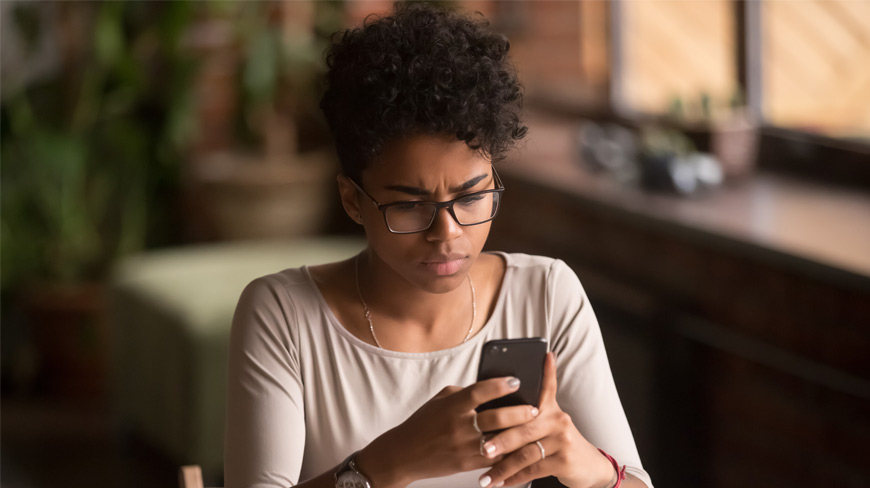Positive Cologuard Test: Here’s What’s Next
Getting a positive Cologuard result can be scary and may leave you wondering what to do next. But there may be good news — a positive Cologuard test does not necessarily indicate you have colorectal cancer. Cologuard tests can sometimes show false positives, which means the test is positive, but you do not actually have colon cancer.
Here’s what to do if you have a positive Cologuard test.
Next Steps After a Positive Cologuard Test
Step 1: Consult a Gastroenterologist
After a positive Cologuard result, schedule an appointment with a gastroenterologist. They will recommend a colonoscopy to provide a more thorough and accurate evaluation. They will also discuss your health history, including any increased risk you may have for developing colon cancer.
Step 2: Prepare for a Colonoscopy
Your doctor will provide instructions on properly cleaning your bowels using a colonoscopy prep.
Step 3: Colonoscopy
During this procedure, the entire colon and rectum is examined with a camera that’s attached to a flexible tube. Polyps, cancer, and other abnormalities can be located, and biopsies can be taken. Two outcomes are possible during the colonoscopy:
- The colonoscopy is negative. A negative colonoscopy after a positive Cologuard test means that the Cologuard gave a false positive result. This is great news!
- The colonoscopy is positive. This simply means that your doctor found something notable during your colonoscopy. It could be a polyp, an abnormal growth, or a tumor. This does not automatically mean you have colon cancer. Any abnormal tissue or growths will be removed (biopsied) and sent to the lab for analysis. Colon cancer can only be officially diagnosed based on the results of the biopsy.
The Importance of Accurate Screening
While a Cologuard test may seem like a convenient option, its relative inaccuracy makes it less reliable than a colonoscopy. Cologuard can have false positives, as described above, but can also have false negatives. False negatives mean that you do have cancer, but you think you are clear. This happens about 8% of the time.
For the best colorectal cancer screening, gastroenterologists recommend colonoscopy, especially for those at higher risk. Compared to Cologuard, colonoscopy is more accurate and thorough. Your doctor can clearly see all of the colon. They can also remove polyps during the procedure, preventing colon cancer entirely. Colonoscopies are considered the gold standard for colorectal cancer screening.
Schedule a Colonoscopy Today
If you’re over the age of 45, it’s time for your first screening colonoscopy. And if you’ve received a positive Cologuard result, you’ll need a colonoscopy. It’s important to note that the cost of your follow-up colonoscopy can vary depending on your insurance coverage, so it’s important to discuss your situation with a billing specialist.
If you have questions about Cologuard or are due for a colonoscopy, don’t delay – schedule an appointment today!
Request Appointment
Related:


